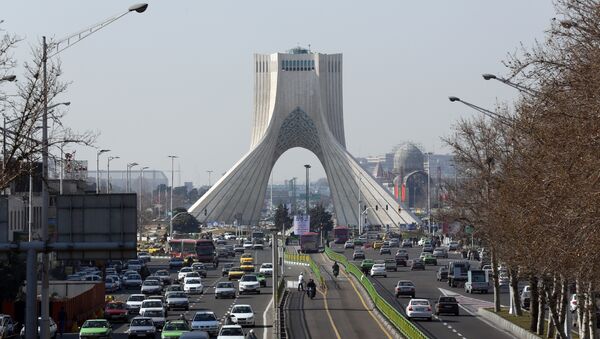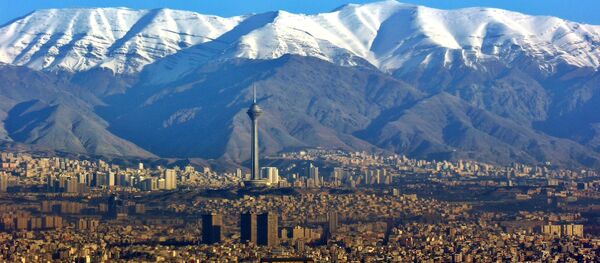The minister underscored that Berlin is interested in restoring ties with Tehran, including investing in the Iranian economy.
Over the recent decades, Germany has been one of the most important trade and economic partners for Iran, political analyst Vladimir Sazhin noted.
"Of course, sanctions and the destructive policy by former President Ahmadinejad have slowed down the growing Iranian-German trade and economic cooperation. Many major German companies have left the Iranian market, but these ties were not ruined thanks to small and medium companies," he told Sputnik.
In the coming two years, the Iranian Finance and Economic Ministry expects trade with Germany to grow to $6 billion.
Currently, Germany is the fifth-largest exporter to Iran, after China, the United Arab Emirates, South Korea and Turkey. It is interesting that trade relations between Berlin and Tehran are not based on buying oil from Iran but on German hi-tech equipment exports to the country.
Berlin and Tehran are eying a number of fields for mutual cooperation and partnership.
Recently, the German-Iranian Business Commission held its first meeting in 15 years. In addition, the German-Iranian United Economic Committee also held a session. As a result, Berlin and Tehran signed a total 10 memorandums in a number of fields, including finance, banking, energy and the environment.
In particular, Deutsche Bank and the Iranian Central Bank signed an agreement on technical cooperation. Germany’s industrial giant Siemens announced its comeback to the Iranian market. VW is planning to hand over technologies to the Iranian car-manufacturing industry.
After the removal of sanctions, Iran needs foreign investments and advanced technologies. This is the main reason why Tehran is turning to the European Union, where Germany is the leader.
But despite bright economic prospects, Berlin and Tehran are at odds over a number of political issues, including the Israeli-Palestinian conflict, the Syrian crisis, the situation in the Middle East and human rights.
However, both the German and Iranian governments are pragmatic. They could ignore political differences in order to receive financial and economic gains.





